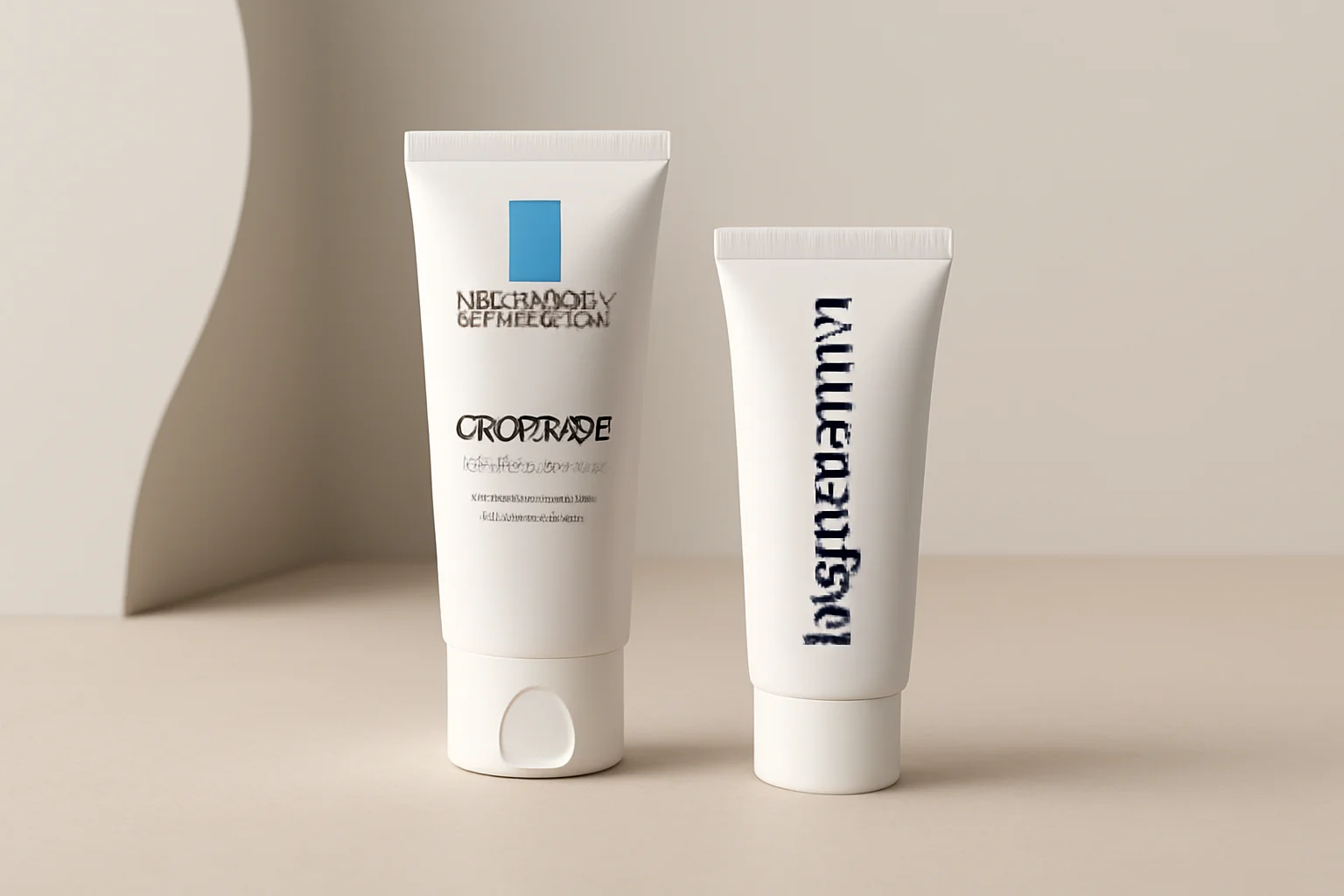
The effectiveness of doritricin and mebucaine in the treatment of sore throat
The modern field of medicine is constantly evolving, and various medications, along with their active ingredients, play a key role in the treatment of diseases. Particularly in the realm of analgesics and local anesthetics, there are numerous options available, among which Dorithricin and Mebucain deserve special attention. These substances not only serve to alleviate pain but are also suitable for treating inflammation and various oral cavity issues.
Dorithricin: Mechanism of Action and Application
Dorithricin is a local anesthetic and anti-inflammatory medication primarily used for the treatment of sore throat and oral cavity irritations. Its active ingredient, benzydamine, belongs to the family of non-steroidal anti-inflammatory drugs (NSAIDs) and is particularly effective in reducing inflammation and pain. Dorithricin is available in spray or tablet form, allowing for easy and quick application.
The mechanism of action of Dorithricin is that it inhibits the production of inflammatory mediators, such as prostaglandins, which are generated during inflammatory processes. Additionally, through its local anesthetic effect, it reduces the sensation of pain, providing patients with quicker relief. Clinically, it has been proven that the use of Dorithricin significantly reduces the intensity of sore throat and alleviates swallowing difficulties.
The advantages of using Dorithricin include its rapid effect and good tolerability for most people. The dosing is simple, as the spray can be directly applied to the painful area, maximizing its effectiveness. However, it is important to always consult with a doctor before using Dorithricin, especially if other medications are being taken or if one has any chronic illnesses.
At the same time, Dorithricin is not without potential side effects. The most common include oral cavity irritation, dry mouth, and possibly allergic reactions. These side effects are generally mild, but it is important for patients to pay attention to their own reactions, and if any unusual symptoms occur, to consult a doctor immediately.
Mebucain: Effectiveness and Side Effects
Mebucain is also a popular medication for the treatment of sore throat and oral cavity irritations. Its main active ingredient is lidocaine, which is a stronger local anesthetic and also has anti-inflammatory properties. Mebucain is available in various forms, such as tablets and sprays, making it convenient to use.
The mechanism of action of Mebucain is based on the inhibition of pain receptors, significantly reducing the sensation of pain, which can be particularly important in cases of severe sore throat. Lidocaine is rapidly absorbed, so the effect is felt relatively quickly. Mebucain is often recommended for those experiencing more intense pain and needing a quick solution.
The advantages of Mebucain include its quick action; however, it is important to mention that lidocaine is more potent, which may lead to more frequent side effects. The most common side effects include oral cavity irritation, tongue numbness, and, in rarer cases, allergic reactions. Patients should always pay attention to their feelings while taking the medication, and if any unusual symptoms occur, they should immediately inform their doctor.
Before using Mebucain, it is important to be informed about the correct dosage and usage instructions. Special attention should be paid to the fact that Mebucain is not recommended in certain health conditions, such as heart diseases or allergic predispositions. Consulting a doctor is essential for safe and effective use.
Comparison of Dorithricin and Mebucain
When choosing between Dorithricin and Mebucain, it is important to consider the mechanisms of action, methods of application, and side effects of both medications. Both can effectively reduce pain and inflammation; however, individual preferences and specific symptoms may influence the choice.
Dorithricin generally places greater emphasis on its anti-inflammatory effect, while Mebucain focuses on quicker pain relief. Therefore, Dorithricin is often recommended for milder symptoms, while Mebucain may be the better choice for more severe pain. It is important to consider that the effectiveness of medications can vary from person to person, so what works for one patient may not work for another.
The method of application may also differ. Dorithricin can be directed onto the painful area in spray form, while Mebucain is also available in tablet form, which can be taken orally. This difference can also influence patient comfort and preferences.
Last but not least, attention should be paid to side effects. While oral cavity irritation is the most common side effect of Dorithricin, Mebucain may have more and potentially more severe side effects due to the stronger action of lidocaine. Therefore, it is important for patients to thoroughly inform themselves about both medications and seek their doctor’s assistance to make the most appropriate choice.
**Warning:** This article does not constitute medical advice. In case of health issues, please consult a doctor and follow their guidance.

